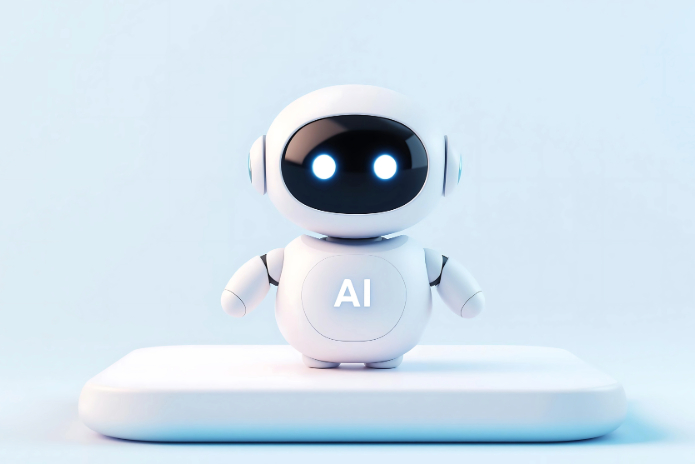While many are still unaware or not applying the use of Artificial Intelligence agents, those who already use them are making the sales cycle much more accurate and faster. To give you an idea, a survey of 2,000 Americans found that 65% believe AI knows their consumption habits as well as or better than their closest people, and 53% believe it knows their consumption habits as much as or even more than they do themselves, according to a study commissioned by UserTesting and conducted by OnePoll.
For campaigns and offers to be accurate, AI agents are essential, even though, for many companies, especially B2B, the human touch is indispensable for closing deals. The difference with AI agents starts right at identification—the technology analyzes large volumes of data to identify even the smallest behaviors of potential buyers. If you’re a business owner, imagine having an employee available 24/7 generating leads, qualifying them, personalizing approaches, contacting them, and assisting with follow-up.
It all starts with basic automation—the kind you probably already know: capturing data to understand if the lead fits the target audience, personalizing approaches with more relevant messages, and scheduling meetings.
But the real differentiator goes beyond that: using AI to analyze large volumes of data, identify behavioral patterns, and prioritize leads with the highest real chance of conversion. This way, the sales team receives the right contacts at the right time—and the human touch can focus on what it does best: closing deals.
In this new scenario, the sales team already accesses enriched databases to identify even the ideal timing for contacting each prospect. AI stops being just a sporadic resource—like personalizing a message—and starts acting directly at the top of the funnel, analyzing interactions, behavioral signals, and qualifying leads through channels like WhatsApp, continuously and intelligently. ‘The result is prospecting that is increasingly less intuitive and more efficient. It’s about connecting the buying journey to the company’s revenue goals,’ says Arthur Sorelli, CMO of Nuvia, an AI-powered commercial intelligence platform.
There’s much talk about how AI can increase productivity by generating more leads than a human could. But little is said about its real power: boosting conversion. The issue isn’t scheduling more meetings—it’s scheduling the right meetings, those where the chance of closing a deal is very high,’ highlights Arthur Sorelli, who before co-founding Nuvia, served as Global Head of Marketing at Omnibees, with previous roles at Unilever, LATAM Airlines, Rakuten, among others.
Currently, according to a McKinsey study, by early 2025, 72% of global B2B companies had already adopted at least one sales automation tool. In Brazil, a survey by RD Station shows that 58% of businesses that invested in marketing and sales automation managed to increase the generation of qualified opportunities in the last year.
The executive believes that as more companies adopt AI agents, the performance gap compared to those not using the technology will become increasingly evident. ‘Adoption won’t be inevitable just because it’s a trend of the moment. But rather because the more these agents are used, the smarter and more precise they become—learning from every interaction, whether successful or not. The results will speak for themselves,’ says Arthur.


